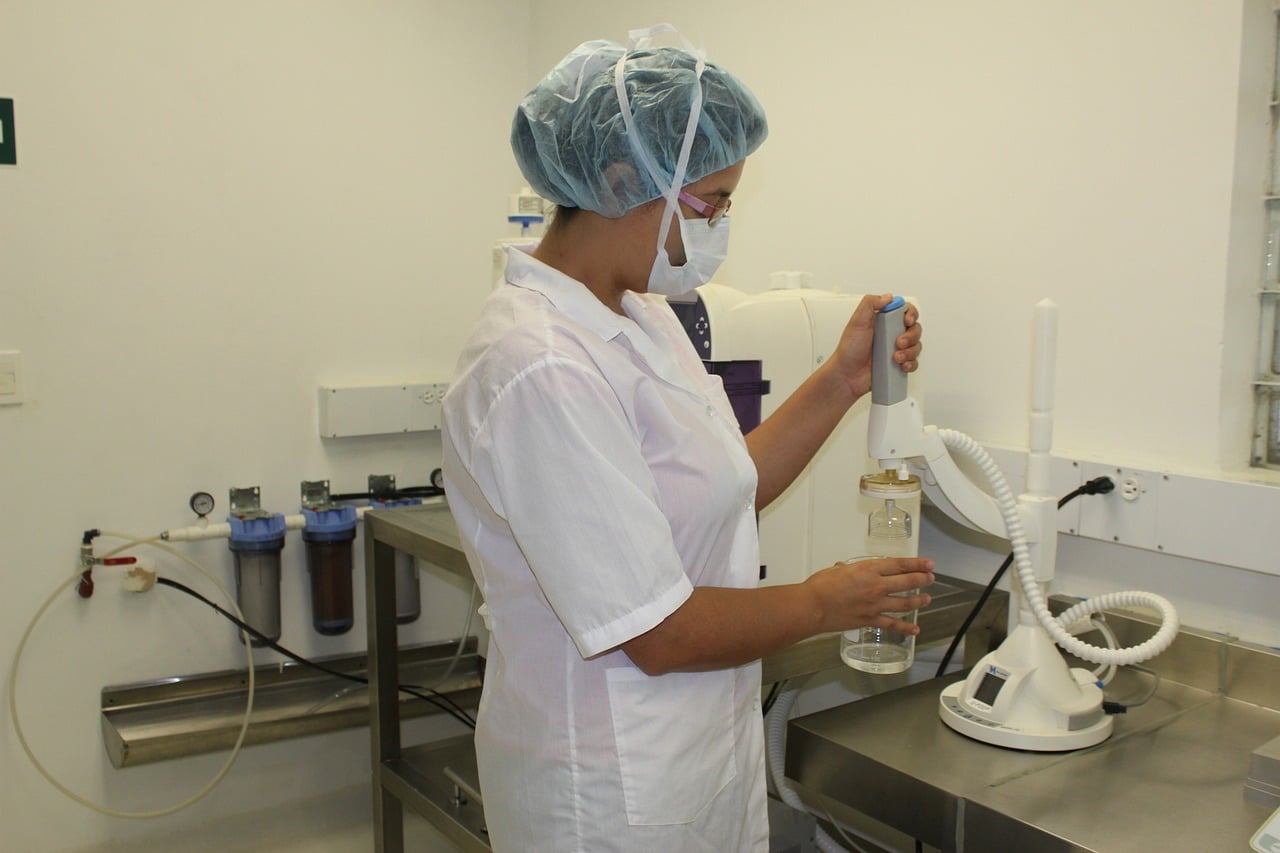What Are the Best Practices for Health and Safety in the Advent of Personal Genetic Testing?

In recent years, we’ve seen a significant surge in the popularity of personal genetic testing. As we seek to know more about our lineage, health predispositions, and even potential talents, companies offering these services have mushroomed across the globe. But with this newfound treasure trove of genetic information at our fingertips comes a proportionate responsibility to ensure its correct usage and interpretation. This article outlines some best practices for health and safety in this context.
Understanding the Limits of Personal Genetic Testing
Before you venture into the realm of personal genetic testing, it’s crucial for you to understand its limitations. These services do not stand as a replacement for traditional medical advice nor are they exhaustive in their analysis.
A lire également : Can Mind-Body Therapies Effectively Complement Cancer Treatment and Survivorship Care?
Personal genetic testing can indeed provide valuable insights into your genetic makeup, but they are not the final word on your health. These tests primarily look for specific genetic variants but don’t consider all the genes or variants that could affect your health. In other words, just because a certain disease-associated variant isn’t detected, that doesn’t mean you’re not at risk for that disease.
Also, it’s important to note that genetics is just one piece of the puzzle. Environmental and lifestyle factors also play significant roles in your health. For instance, you might carry a genetic variant associated with a higher risk of a certain disease, but if you maintain a healthy lifestyle, you may never develop that disease.
Cela peut vous intéresser : How to Improve Gut Health in Irritable Bowel Syndrome (IBS)?
Protecting Your Genetic Data
Another vital factor to consider is the protection of your genetic data. Genetic information is intensely personal and its misuse can have severe consequences.
When you submit your data to a genetic testing company, it’s essential that you understand how this information will be stored, used, and potentially shared. Most companies offer robust privacy policies, but it’s always wise to thoroughly review these before proceeding. Make sure the company does not share your data without your explicit consent.
While the Genetic Information Nondiscrimination Act (GINA) offers some protection against genetic discrimination, it does not cover all scenarios, such as life, disability, or long-term care insurance. Thus, understand the implications of your genetic data becoming public.
Ensuring Accurate Interpretation of Results
The interpretation of genetic test results isn’t always straightforward. Genes often interact with each other in complex ways, and variants that cause disease in one person might not in another.
When you receive your results, it’s important not to jump to conclusions. If your report indicates a higher risk for a certain disease, it doesn’t mean you will definitely get that disease. Conversely, a lower risk doesn’t guarantee you won’t.
If you’re concerned about your results, consult a healthcare provider or a genetic counselor. They can help you understand the implications of your genetic data and guide you on the next steps.
Making Health Decisions Based on Genetic Test Results
Your genetic test results can influence your health decisions. However, it’s important not to make drastic changes based solely on this information.
If your results suggest a higher risk for a disease, don’t panic. Talk with your healthcare provider about what you can do to mitigate this risk. Lifestyle changes or regular screenings may be recommended.
Conversely, if your results indicate a lower risk for a disease, don’t use this as an excuse to ignore healthy habits. Genetics is just one factor in disease development.
Engaging in Continuous Learning
The science of genetics is continually evolving. What we know about certain genes and diseases can change as more research is conducted.
Stay informed about advancements in this field. Revisit your genetic data periodically and consider consulting a healthcare provider or genetic counselor for updated interpretations.
Remember, personal genetic testing is a tool that can provide valuable insights, but it should be used responsibly. By understanding its limitations, protecting your genetic data, ensuring accurate interpretation of results, making informed health decisions, and engaging in continuous learning, you can navigate the landscape of personal genetic testing safely and effectively.
Be Aware of Direct-to-Consumer Testing
Taking a closer look at the marketplace, there is a particular type of testing service that requires special consideration – direct-to-consumer genetic testing. These tests are sold directly to the public, often via online platforms, and they promise insights ranging from ancestry information to health risk assessments.
While these consumer genetic tests can be entertaining and offer a glimpse into one’s genetic makeup, they carry some risks. Firstly, the reliability of the results can vary widely from one company to another. While some use clinically validated methods, others may use less proven techniques. A review by the American College of Medical Genetics and Genomics (ACMG) found that some of these tests could yield false positives, leading to unnecessary anxiety or interventions.
Secondly, the interpretation of the results presented by these tests can be misleading. Many of these companies use proprietary algorithms to predict disease risk, which may not align with medical consensus. For instance, receiving a report that you have a 20% increased risk of a particular disease may sound alarming, but without proper context such as population averages and other risk factors, this information can be confusing at best and harmful at worst.
Lastly, the data privacy practices of these companies can vary widely. Some companies may sell your genetic information to third parties, with or without anonymizing the data. This can potentially lead to privacy breaches or misuse of genetic data.
So, while direct-to-consumer genetic testing can be appealing for its convenience and novelty, it’s essential to approach these services with caution. Understand what you’re getting into, how reliable the test and results are, how to interpret the results, and how your data will be protected.
Conclusion
To sum it up, the advent of personal genetic testing provides unprecedented access to our genetic information, opening doors to improved understanding of our health, traits, and ancestry. However, as with any powerful tool, it must be used with caution and understanding.
Understand the limitations of these tests and that they are not substitutes for professional medical advice. Protect your genetic data and know the implications of it becoming public. Interpret the results accurately, with the understanding that your genes do not define your destiny. Approach direct-to-consumer genetic testing with a discerning eye, keeping in mind the potential pitfalls. And lastly, engage in continuous learning, as the field of genetics is ever-evolving.
By adhering to these best practices, you can harness the power of personal genetic testing while ensuring your health and safety. After all, the more knowledge we have about ourselves, the better equipped we are to make informed decisions about our health and lives. But it’s equally vital to ensure that this knowledge is accurate, understood correctly, and used responsibly.
